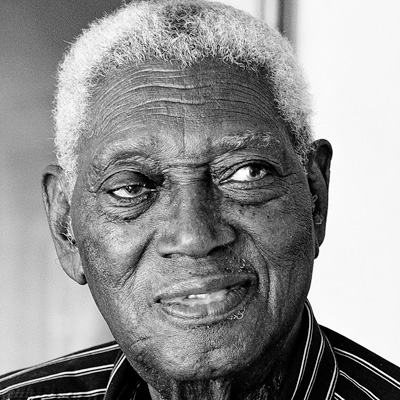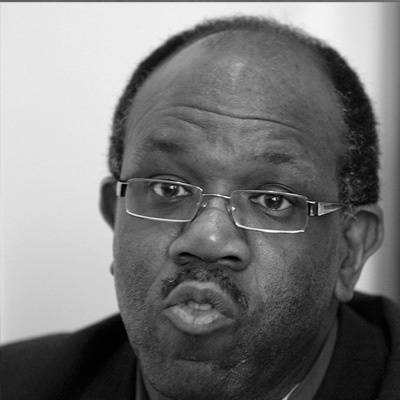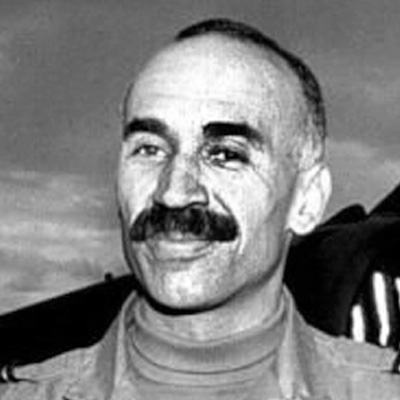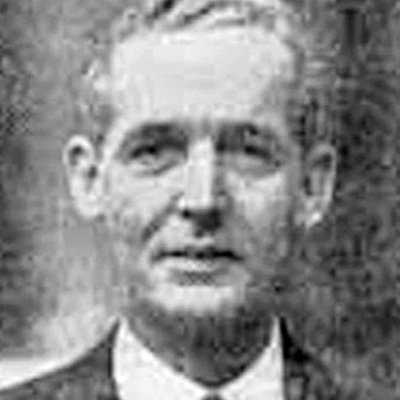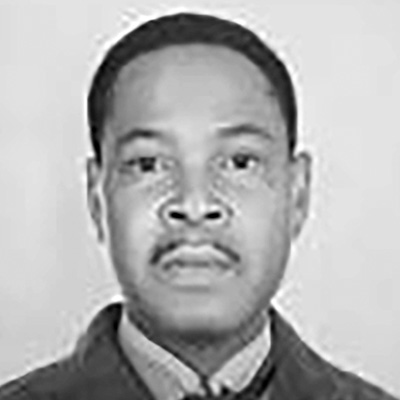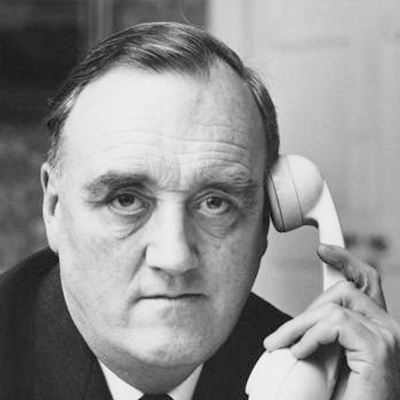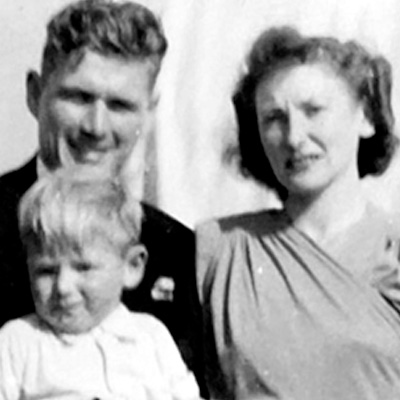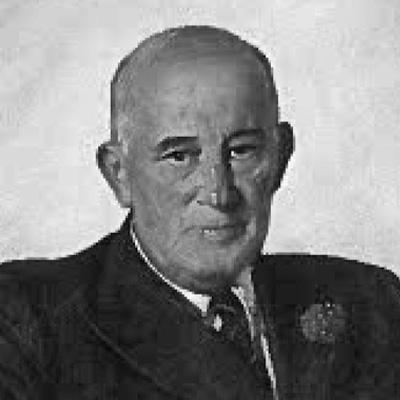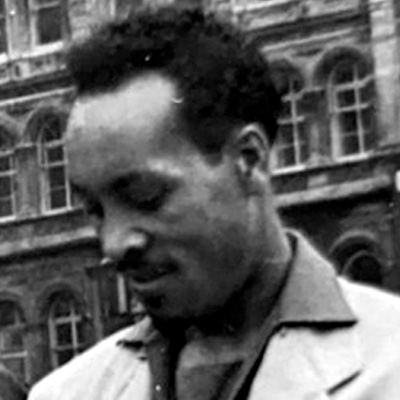JOSEPH ‘WAYNE’ ARMSTRONG
PIONEERS
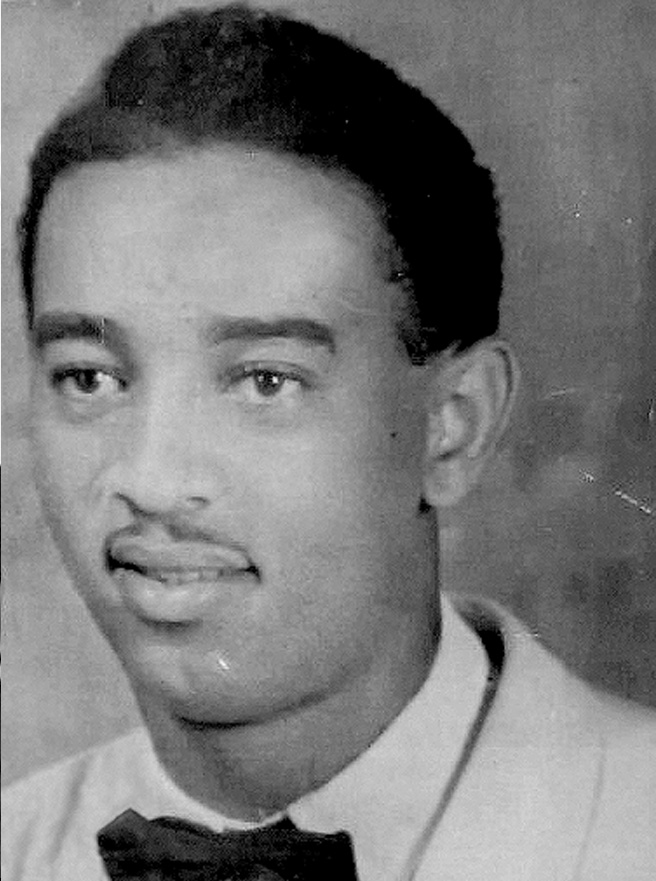
‘How Liverpool struck a chord with Jamaican musician’
1924 - 1993
Share this:
Musician Wayne Armstrong’s first public appearance in England was on Pathé News where he featured to the right of calypso star Lord Kitchener when he made his famous rendition of ‘London is the Place for Me’ on the deck of the Empire Windrush.
A talented double bass player from Jamaica, Wayne played in a band led by Delroy Stephens called the Commandoes, and had already performed in the USA. It was Delroy who first heard about the Windrush and persuaded his fellow musicians to join him in seeking fame and fortune in Europe. Within a week of arriving at Tilbury, Wayne was living in Edge Lane, Liverpool, a city that would become his home for the rest of his life.
Christened Joseph Ignatius Armstrong, Wayne, as he came to be known, was born in Kingston on April 20, 1924, and brought up by his mother Lilian. As a young man, he performed in Chicago which gave him a taste for playing regularly in the USA, his ultimate ambition being to appear in the famed nightclubs of New Orleans. This made him at first reluctant to leave Jamaica. But Delroy convinced him that being based in England would allow the band to play in the equally glamorous venues of London, Paris, and beyond.
Wayne never regretted his decision to come to England, particularly after meeting Mildred Milne. Milly, as she was popularly known, was the daughter of Dalie Milni, an Indonesian seaman, and his wife, Liverpool-born Mary Milne. Dalie had settled in Liverpool, anglicised his surname to Milne, and ran a café and tobacconist shop.
Milly had served with the Auxiliary Territorial Service during the Second World War and was one of the few British female soldiers to have the harrowing experience of entering Belsen Concentration Camp after it had been relieved by the Allied Forces.
Smitten by Milly, Wayne soon relegated thoughts of travelling abroad and in 1953 married the love of his life. They had seven children – all girls – and remained together until Wayne’s death 40 years later.
Wayne worked as a docker with the Liverpool Docks and Harbour Board for 27 years, combining his day job with appearances in clubs across the northwest of England. Given his talents, he could easily have performed more widely, but his family came first and he always made sure he got home every night.
Wayne was a humble, modest man with high standards. He disapproved of drugs and avoided the less reputable clubs and pubs. A keen football fan, one of his regular appearances was with the band that backed the acts at the Liverpool Supporters Club each match day.
Wayne died in Liverpool on February 21, 1993, aged 68. His double bass was donated to the Paul McCartney-founded Liverpool Institute for Performing Arts. His beloved Milly died three years later.
Share this:

